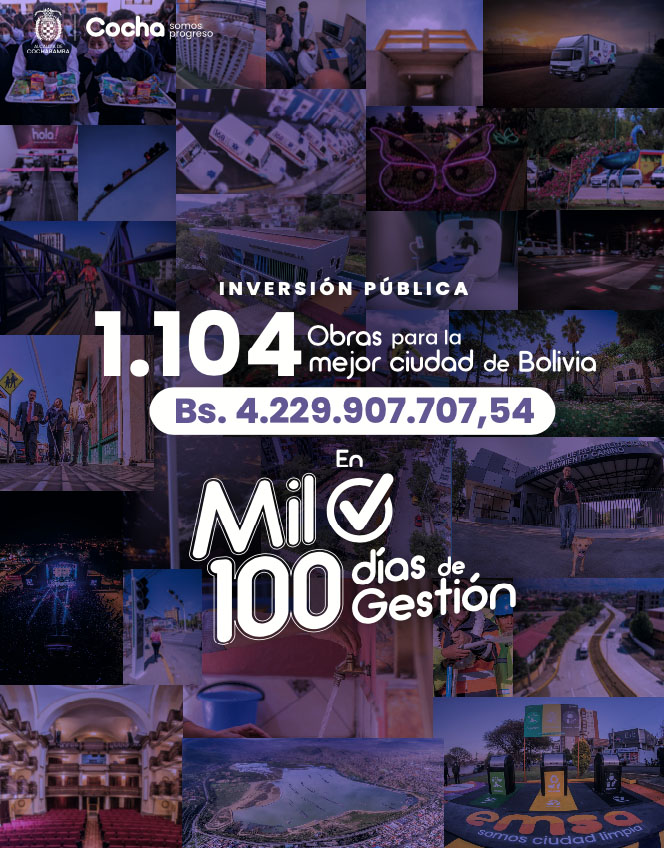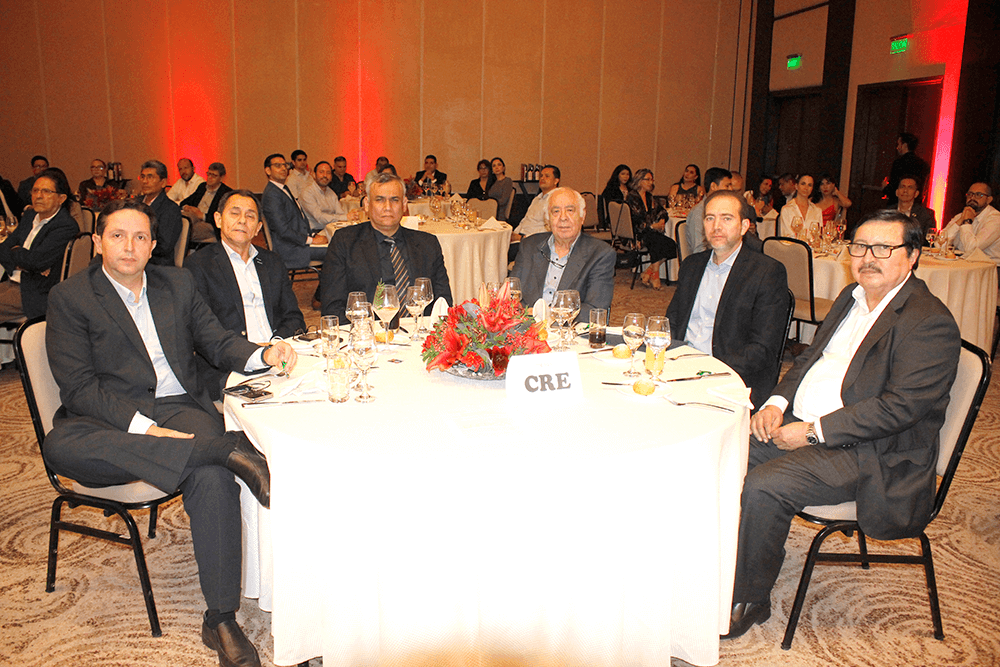The CAEE 2024 was fully attended and once again established itself as a platform for exchanging and positioning ideas about the energy sector in Bolivia.
ISSUE 130 | 2024
Raúl Serrano
The Annual Energy Dinner 2024 in Santa Cruz de la Sierra, Bolivia, focused on the analysis and projections of the hydrocarbons and renewable energy industries in the country, acknowledging the global context and opportunities to create new business models.
The central themes of this event were green hydrogen production to replace natural gas, digital assets derived from electricity generation in mature oil wells, and renewable energies.
The evening was inaugurated by José Alejandro Durán Rek, president of the board of directors of CRE RL, emphasizing the dinner’s objective of building a platform for exchanging and positioning ideas to stimulate reflection and consensus building on sectoral issues, particularly on a clear and secure legal framework to generate new business alternatives in the country.
CONCLUSIONS
Fernando Subirana, who moderated several panels, concluded the evening by highlighting that Pedro Miras Salamanca’s talk, president of the World Petroleum Council (WPC Energy), was very enriching in terms of focusing on two key ideas: energy efficiency and the need to develop greater capacity to communicate the good things happening within the hydrocarbon industry, while noting that it still has a long way to go.
Subirana also emphasized Engineer José Luis Molina’s technical review of the state of mature wells in Bolivia, just as President Luis Arce Catacora acknowledged that exploration in Bolivia has lagged behind and that only exploitation processes would be managed, prompting consideration of urgent alternatives such as activating these wells to eventually recover gas residues. According to Subirana, this could also apply to sanitary landfills.

“…allowed us to understand the global perspective and then move from the current (mature wells), to the innovative (green hydrogen), and finally to the disruptive (crypto assets in oil operations)…”

Indeed, Molina stated that according to YPFB’s Strategic Plan, there are approximately 40 wells that could be evaluated for potential intervention; all of this constrained by the economic conditions of each activity, with 8 regions in the country showing significant potential for such efforts.
According to Subirana, the 2024 Energy Dinner allowed us to understand the global perspective and then move from the current (mature wells), to the innovative (green hydrogen), and finally to the disruptive (crypto assets in oil operations); with solutions ranging from legal and regulatory frameworks to tangible ones, such as the experience from EU support programs. “It was truly a very enriching night capable of inspiring significant ideas for the energy sector in Bolivia and the region,” highlighted Subirana, who moderated three panels and closed the evening with important conclusions.
The event took place at the end of April at the Marriott Hotel in Santa Cruz and was attended by key figures from the local, national, and international energy sectors, solidifying its role as a space for analysis and reflection on the energy reality, thanks to the sponsorship of major companies such as CRE RL, Repsol, Total Energies, Isi Mustang, Ende Corporación, Toyosa S.S., and UPB.


